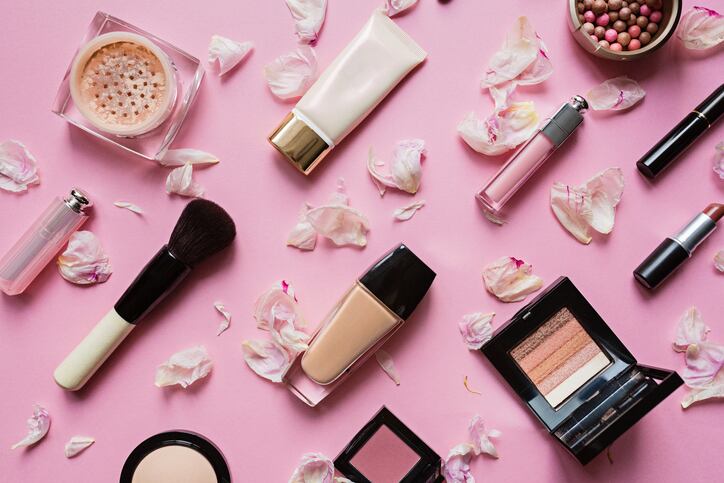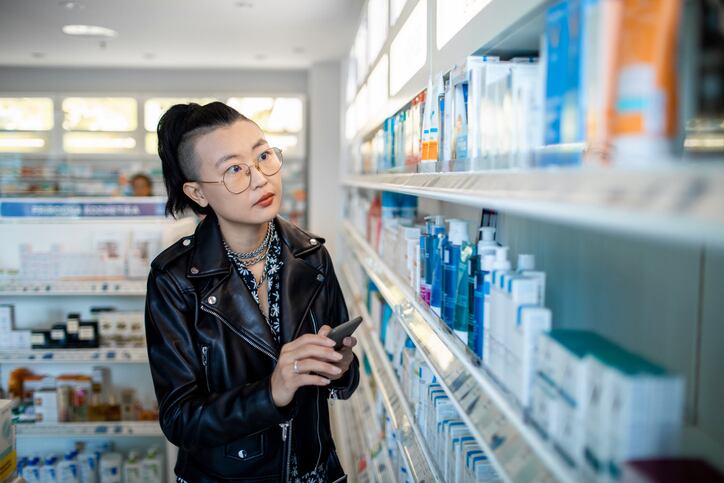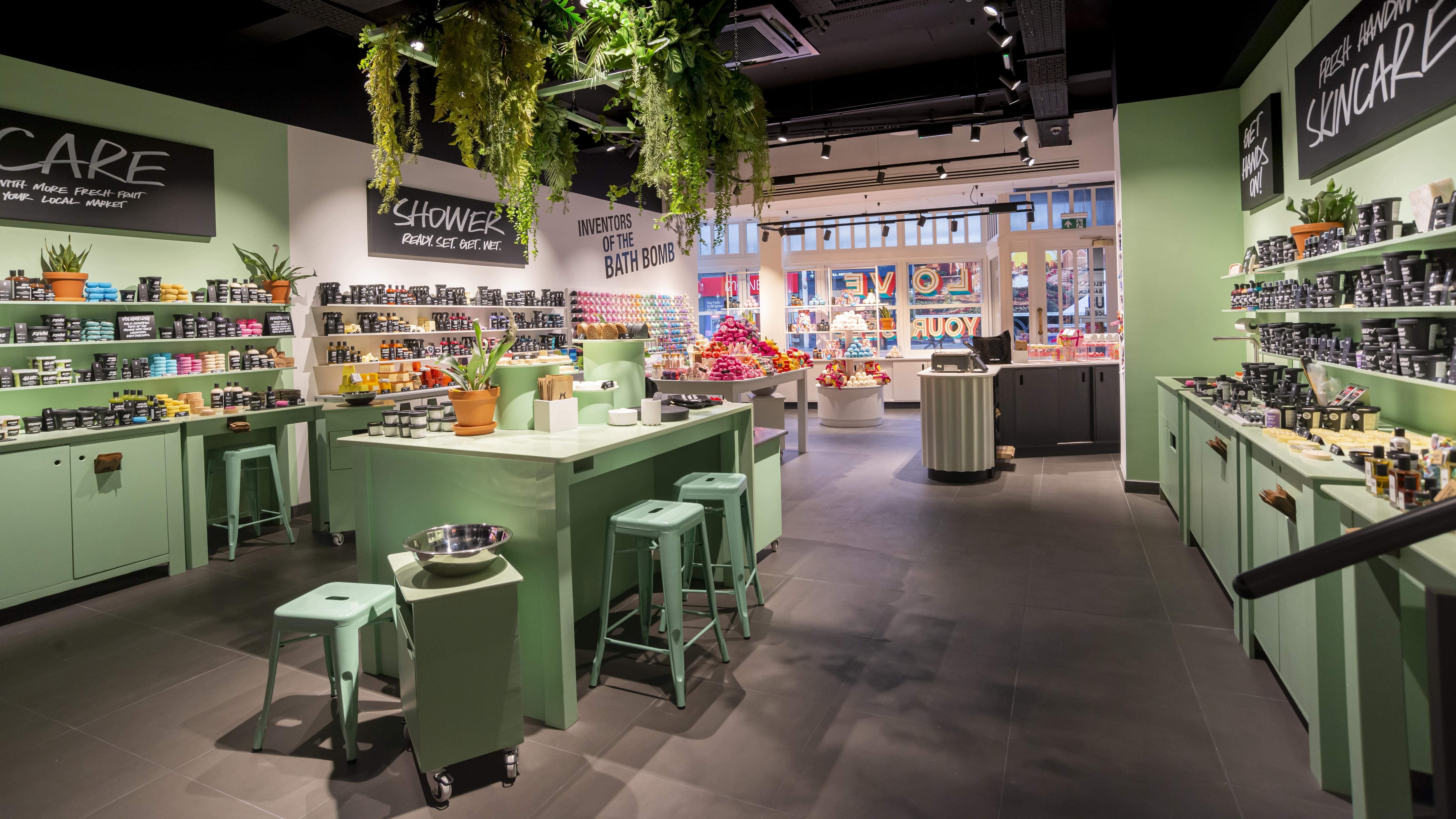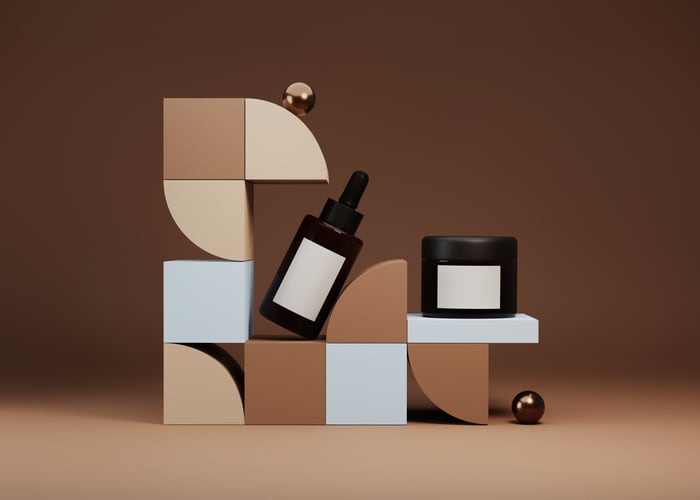In 2020, UK beauty and grooming e-commerce surged 42%, largely driven by consumer desire for convenience, time-saving and lower prices, according to GlobalData. By 2025, the data specialist said the UK’s wider online health and beauty market was set to surge further, hitting a net worth of €7.9bn (£6.6bn) and growing at a CAGR of 10.4% between 2019 and 2025 - a trend set to follow at a global level, according to Edge by Ascential that suggested 50% of global health, beauty and personal care growth up until 2026 would be e-commerce.
And as innovation and expansion amongst key beauty players continued in e-commerce, other brands and sectors were also tapping into growth.
Earlier this month, apparel and homeware retailer Next launched an online own-brand vegan skin care range ‘Woah’, featuring a selection of 16 products, from serums to cleansers and creams, all designed to suit most skin types. Online fashion brand Boohoo also launched a vegan makeup range ‘Boohoo Beauty’, with 50 cruelty-free products including bronzers, lipsticks, contour sticks and fake tan.
‘A step in the right direction’
GlobalData said the move by both clothing majors into online beauty was a wise decision for several reasons, one being growth potential. The well-established UK online apparel market was set to grow more slowly than health and beauty, for example, at 7% CAGR between 2019-2025. Consumer demand for beauty brand alternatives was also on the rise.
“By branching out into own-brand beauty, these two retailers are taking a step in the right direction as shoppers are set to trade down on health and beauty products as they face increased living costs in 2022,” said Juliet Cuell, retail analyst at GlobalData.
“While many turn to discounters, including Savers, Aldi and B&M, own-brand health and beauty ranges will appeal to those who want to spend less, but still want to purchase items with certain product credentials, including vegan friendly, which discounters tend not to offer,” Cuell said.
Consumer demand for convenience was also continuing its rise, so being able to buy clothing and beauty items in one place also appealed, she said. “Boohoo could suggest makeup products that would go well with partywear pieces when shoppers are browsing clothes to encourage impulse purchases.”
Rising online beauty competition
According to GlobalData, Next’s decision to price its Woah beauty range below Boots’ No.7 range could play in its favour – “it has the potential to steal spend from Boots” as 29% of Boots shoppers already shopped at Next for clothing.
For Boohoo, the company had clearly opted to price its range for younger consumers who typically spent less on health and beauty products, GlobalData said, targeting those who wanted to “recreate a fashionable makeup trend seen on social media”.
All this, it said, was proof these multichannel clothing retailers were “becoming more agile” and becoming competition not only for other multichannel retailers, but also pureplay online retailers, including those specialised in beauty.
“Online pureplays including Feelunique and Lookfantastic – which do not currently have their own brand – must not become complacent or they risk falling behind,” said Cuell.
Feelunique was recently acquired by beauty retail major Sephora, signalling promise of a deeper European expansion for the pureplay beauty e-commerce site. Lookfantastic was owned by The Hut Group – a business major currently on a ‘meteoric rise’ after numerous acquisitions and expansion moves in recent years - however, GlobalData retail analyst Mahya Agorlou previously said the group must invest in own-brand beauty innovation to deepen its consumer base and stay ahead of the competition.
Cuell said: “To differentiate from clothing retailers’ own-brand beauty, online pureplays should develop ingredient-focused, such as vitamin C, organic skin care and make up that is affordable.”




